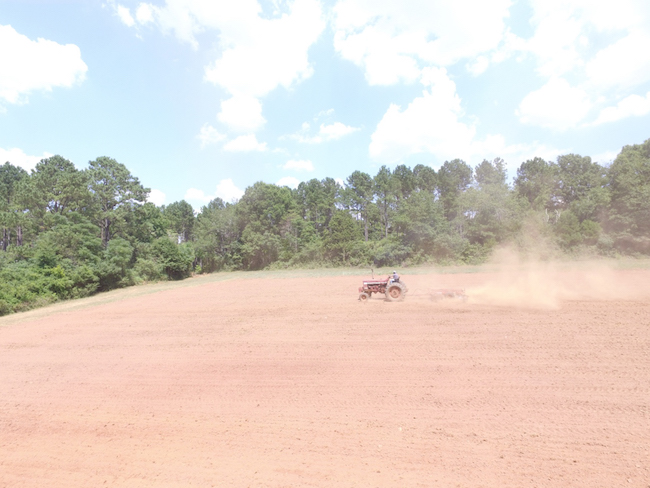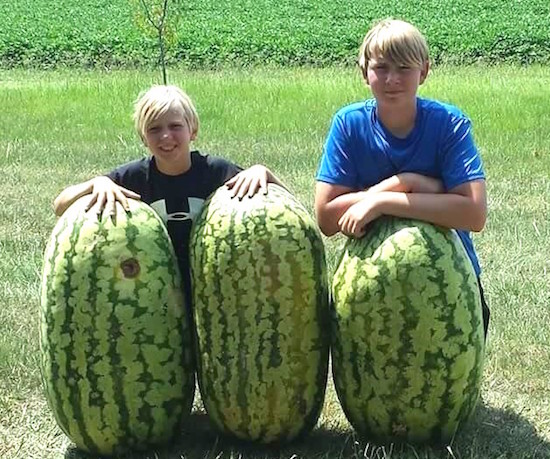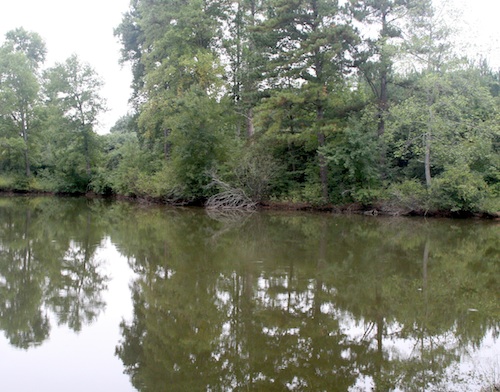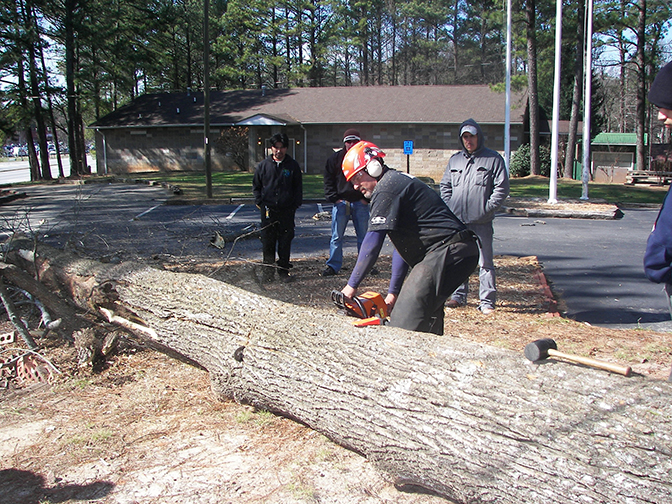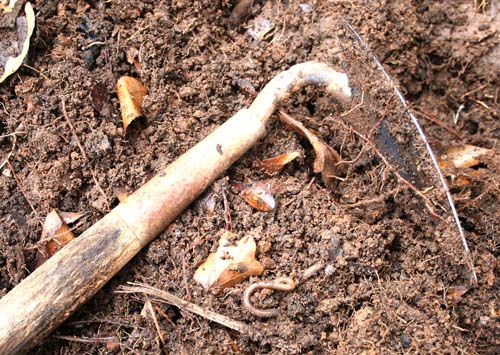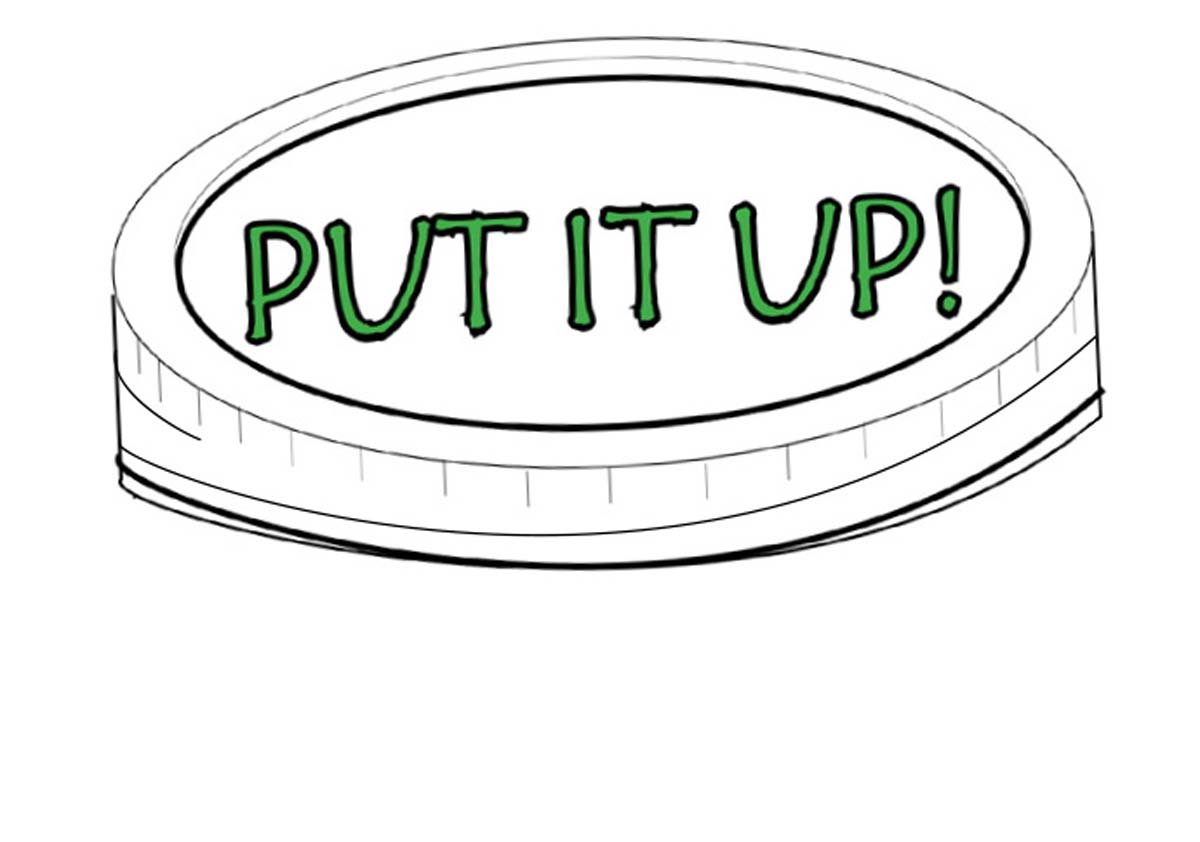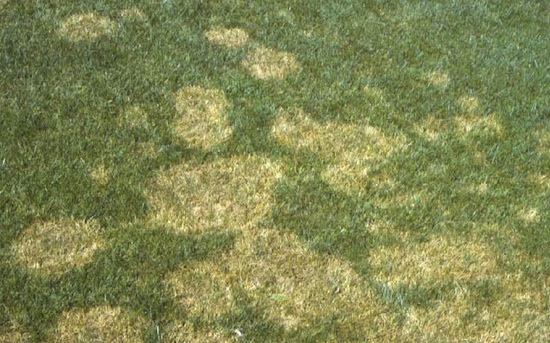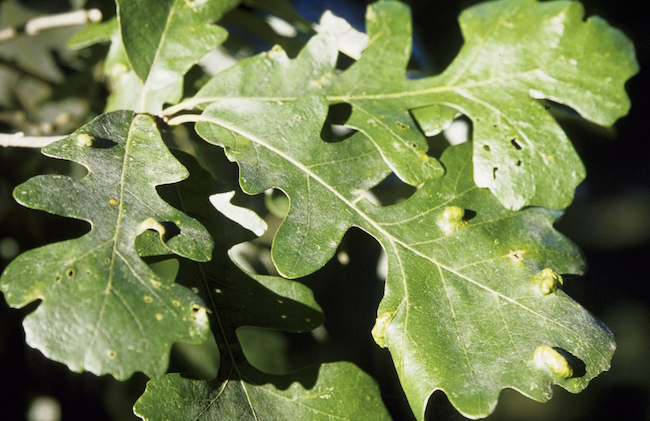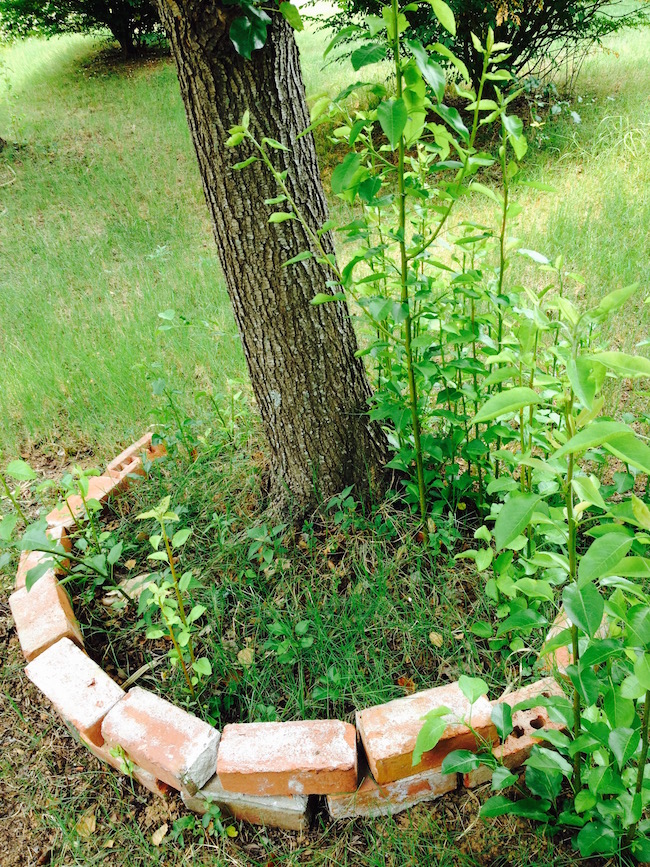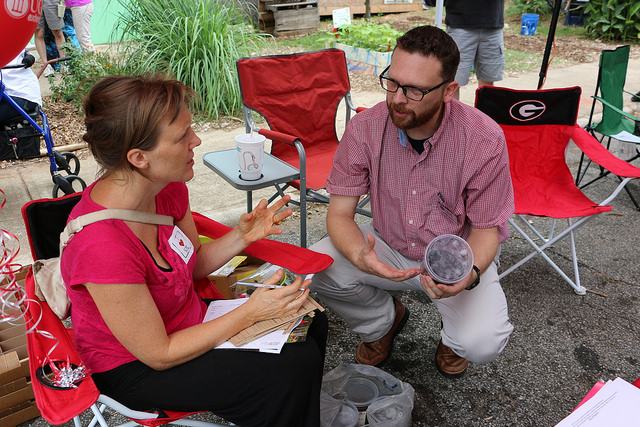 CAES News
CAES News
Soil Testing
Over the past decade, there’s been a push for suburbanites and city dwellers to understand where their food comes from and to get closer to the land. University of Georgia soil scientist Jason Lessl believes that people can’t get closer to the land until they know how it works.

